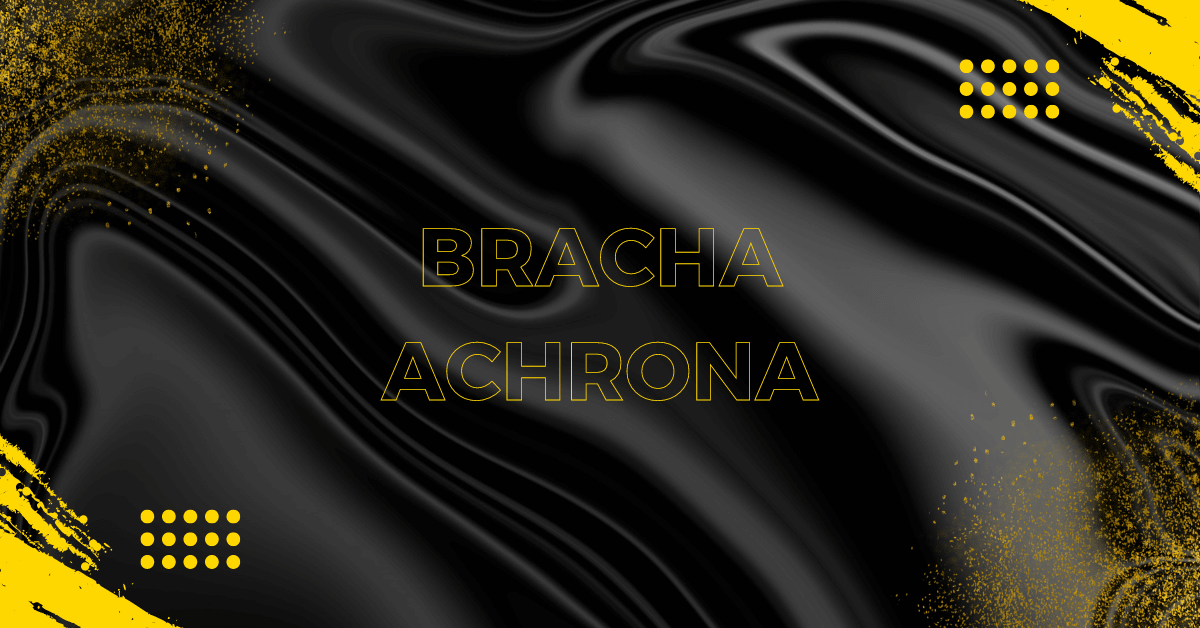Introduction to the Bracha Achrona
Food is more than just sustenance; it’s an experience that connects us to our culture, traditions, and spirituality. One aspect of this connection is the practice of saying a Bracha Achrona after we finish eating. This beautiful custom often goes unnoticed yet holds profound significance in Jewish life. It’s not just about words recited at the end of a meal; it’s a moment to pause, reflect, and express gratitude for the blessings we’ve received.
In our fast-paced world, where meals are often consumed on-the-go or in silence, taking time for a Bracha Achrona can feel like an ancient ritual lost among modern distractions. But understanding its importance can enrich our daily lives and deepen our appreciation for what nourishes us both physically and spiritually. Join me as we explore the secrets behind this essential practice—the history, its relevance today, common misconceptions surrounding it, and practical tips to make it part of your routine. Discover how embracing the Bracha Achrona can transform simple moments into meaningful experiences!
The Importance of Saying a Bracha Achrona
Saying a Bracha Achrona is more than just a ritual. It serves as a moment of gratitude for the sustenance enjoyed. This small act reinforces mindfulness in our daily lives.
When we pause to reflect after eating, it connects us to tradition and spirituality. The acknowledgment fosters appreciation for the food and those who provided it.
Additionally, reciting a Bracha Achrona creates a sense of closure. It marks the end of one experience while paving the way for another.
This practice encourages us to recognize blessings beyond our meals—extending gratitude into various aspects of life.
In essence, embracing this custom enriches both our spiritual journey and everyday experiences.
The Traditional Version of the Bracha Achrona
The Bracha Achrona, or the after-blessing, has a rich tradition within Jewish practice. It serves as an expression of gratitude for sustenance received. Reciting this blessing connects individuals to their spiritual roots.
Typically, the traditional version begins with “Boreh Nefashot Rabot.” This phrase acknowledges God’s creation and the life force present in all living things.
As one recites it after meals or snacks, there’s a moment of reflection on nourishment’s importance. Each word is steeped in meaning and intention.
This ritual strengthens our awareness of blessings in daily life, encouraging mindfulness about what we consume. The communal aspect often enhances its significance during shared meals.
In essence, saying the Bracha Achrona is not merely a routine; it’s an act that deepens one’s relationship with faith and community.
Also Read: Why Is Physical Topology Important?
Modern Adaptations and Variations of the Bracha Achrona
Modern interpretations of the Bracha Achrona have emerged as individuals seek to connect with their spiritual practices in contemporary life. Some choose to personalize the prayer, adding a few heartfelt words that resonate with their experiences.
In community settings, variations can reflect shared values or themes. For example, gatherings may include collective expressions of gratitude for local produce or meals enjoyed together. This fosters a sense of belonging and unity.
Social media has also played a role in popularizing creative versions of this blessing. Users share unique adaptations that incorporate humor or cultural references, making the Bracha Achrona feel more relatable and accessible.
While traditional recitations hold significance, these modern twists encourage deeper reflection on personal relationships with food and faith. They invite everyone to participate actively in an age-old practice while embracing today’s diverse influences.
Common Misconceptions and Mistakes in Saying the Bracha Achrona
Many people misunderstand the timing of the Bracha Achrona. It’s not just a casual afterthought; it should be said soon after finishing a meal or snack.
Another common mistake is thinking that this blessing is optional. In reality, saying the Bracha Achrona fulfills an important mitzvah and expresses gratitude for nourishment. Skipping it can diminish one’s spiritual connection to food.
Some also confuse different versions of blessings. Each type has specific requirements depending on what was consumed, leading to frustration when unsure about which bracha to recite.
There are individuals who rush through the bracha without proper intention or focus. Taking a moment to reflect while saying it enriches its meaning and significance in daily life. Understanding these nuances can enhance both practice and appreciation of this beautiful tradition.
Tips for Incorporating the Bracha Achrona into Daily Life
Incorporating the Bracha Achrona into your daily routine can be a fulfilling practice. Start by setting reminders on your phone or sticky notes in your kitchen to prompt you after meals.
Create a ritual around mealtime. Make it a point to gather with family and friends, reinforcing community as you say the Bracha together. This shared experience adds depth to the moment.
You can even personalize the Bracha Achrona. Reflect on what you’re grateful for during each meal, connecting more deeply with its meaning.
Consider integrating it into special occasions—holidays or celebrations—to enrich those moments with gratitude.
Don’t hesitate to explore various interpretations of the Bracha Achrona that resonate with you personally. Finding unique ways to express this tradition keeps it fresh and meaningful every day.
Conclusion: The Power and Meaning Behind the Bracha Achrona
The Bracha Achrona holds deep significance in Jewish tradition. This blessing encapsulates gratitude, reminding us to appreciate the sustenance we receive. It connects us to a lineage of spiritual practice that values mindfulness and intention.
Saying a Bracha Achrona after meals creates a moment of reflection. It’s an opportunity to acknowledge not just the food consumed but the effort behind it—farmers, cooks, and all who contributed.
In our fast-paced world, this pause becomes vital. It allows individuals to cultivate awareness about nourishment and its sources. With each recitation, one reaffirms their relationship with both the material and spiritual realms.
Embracing the Bracha Achrona enriches daily life. It transforms mundane moments into sacred rituals filled with purpose and connection.












Leave a Reply